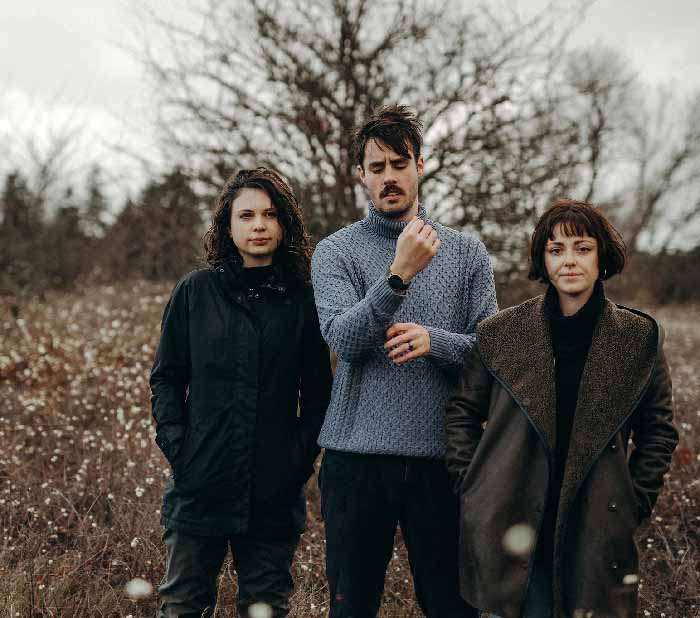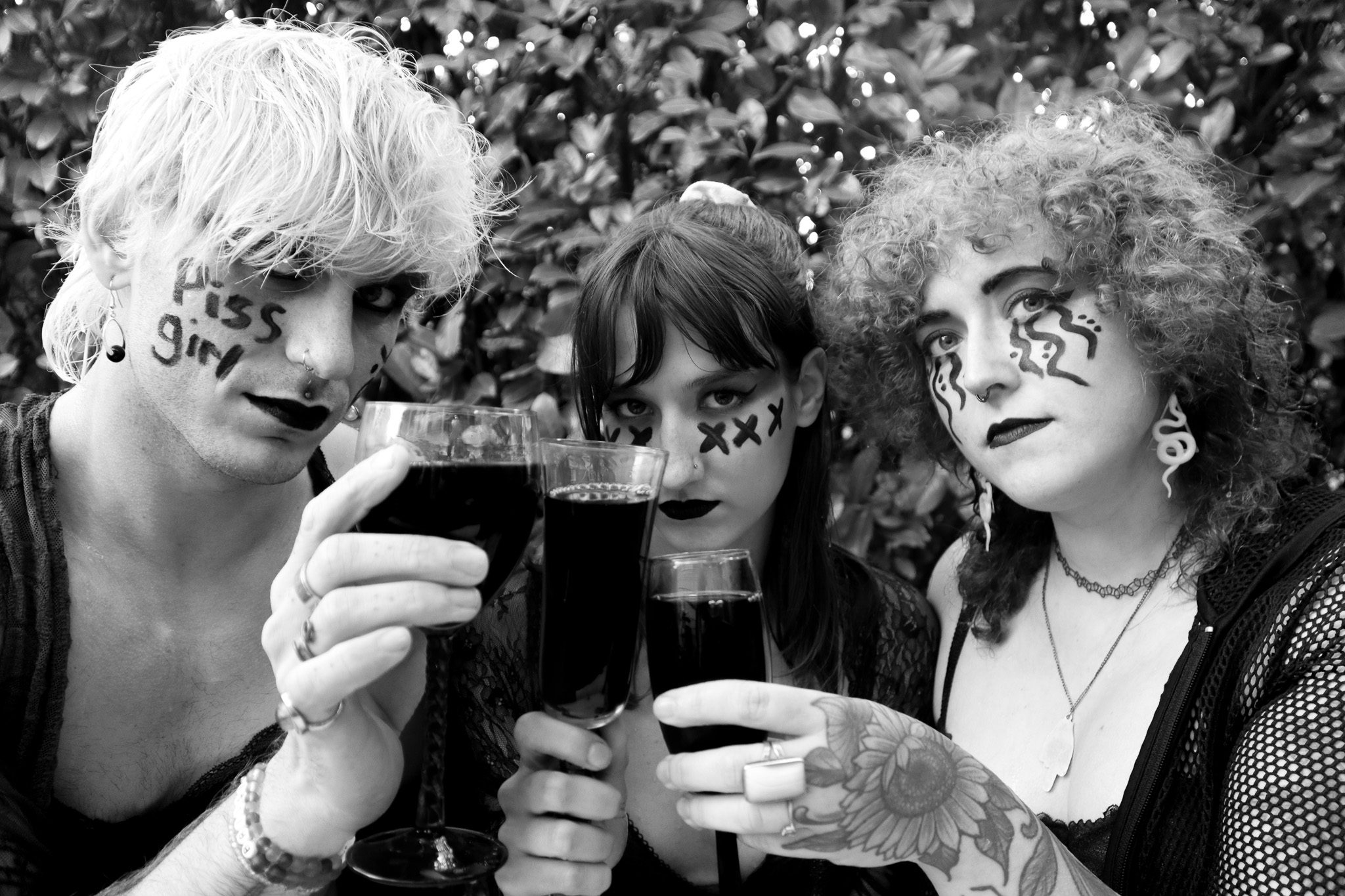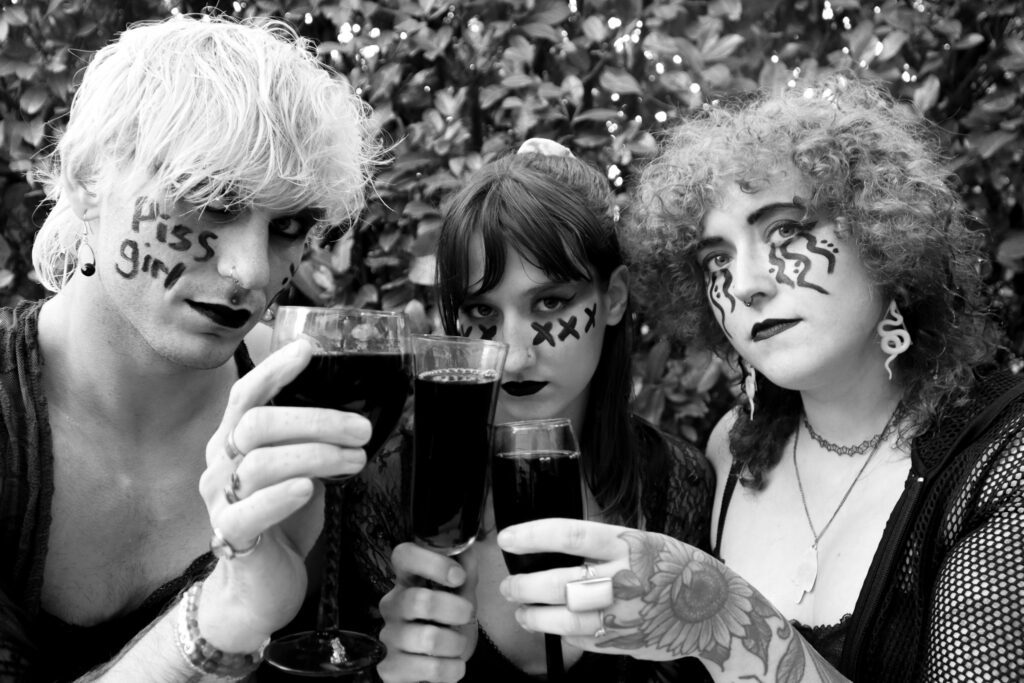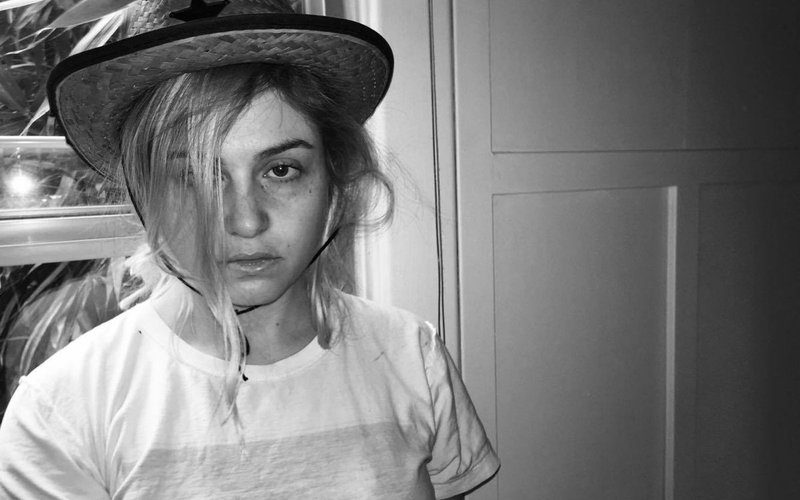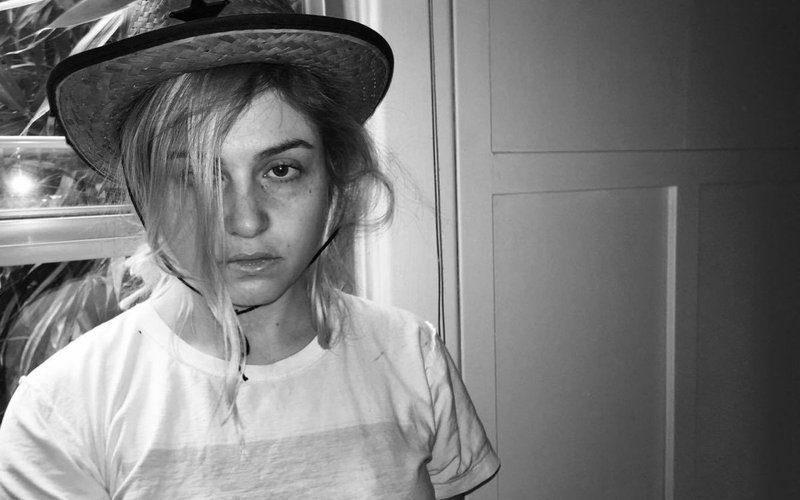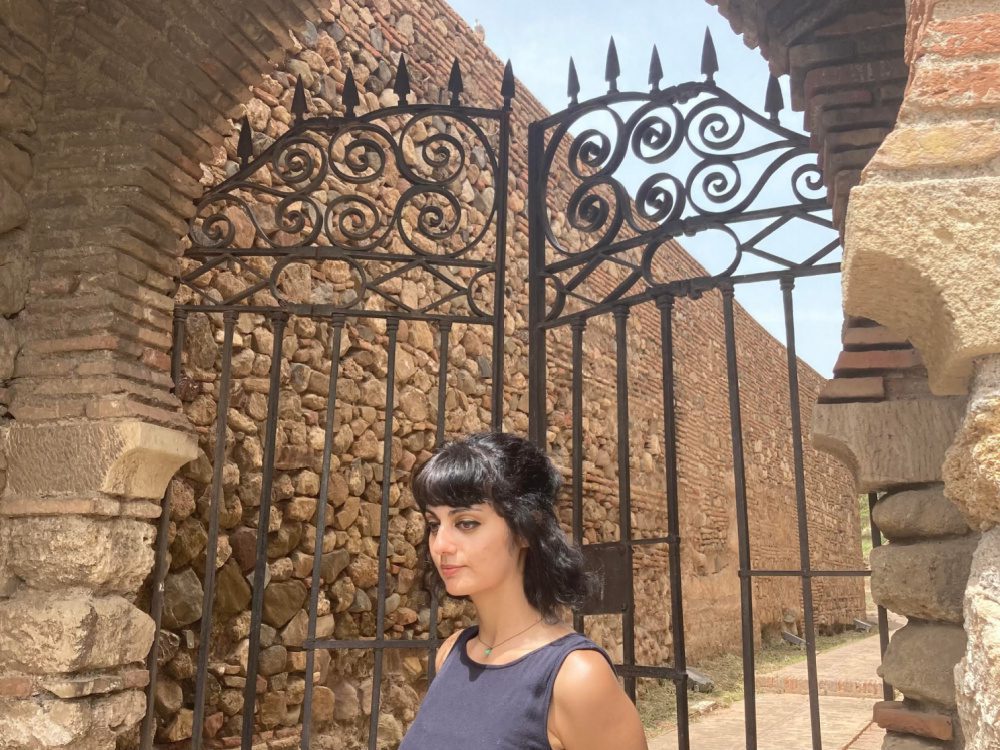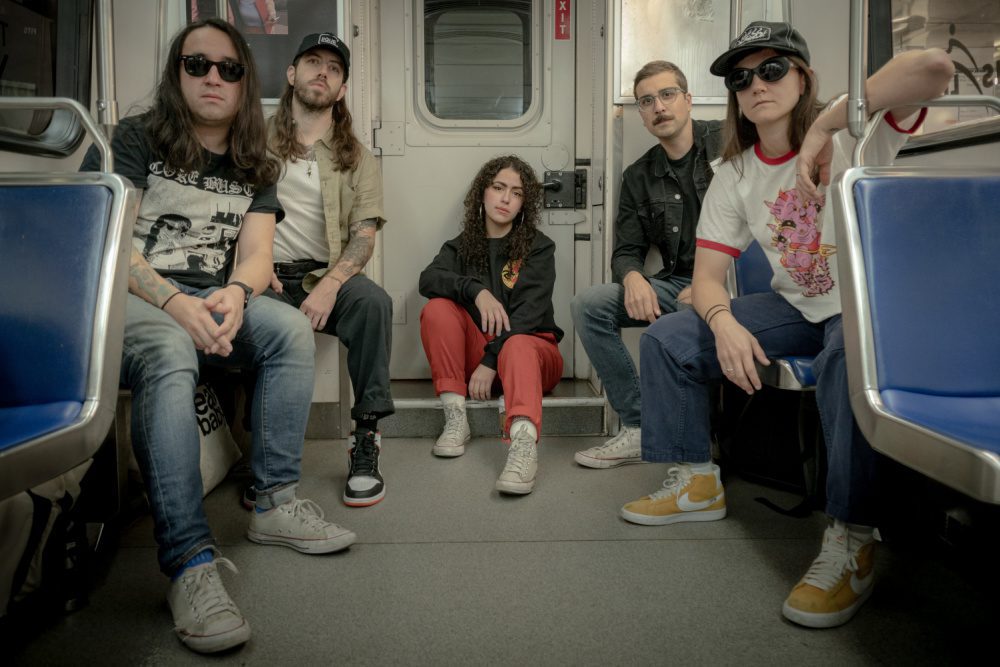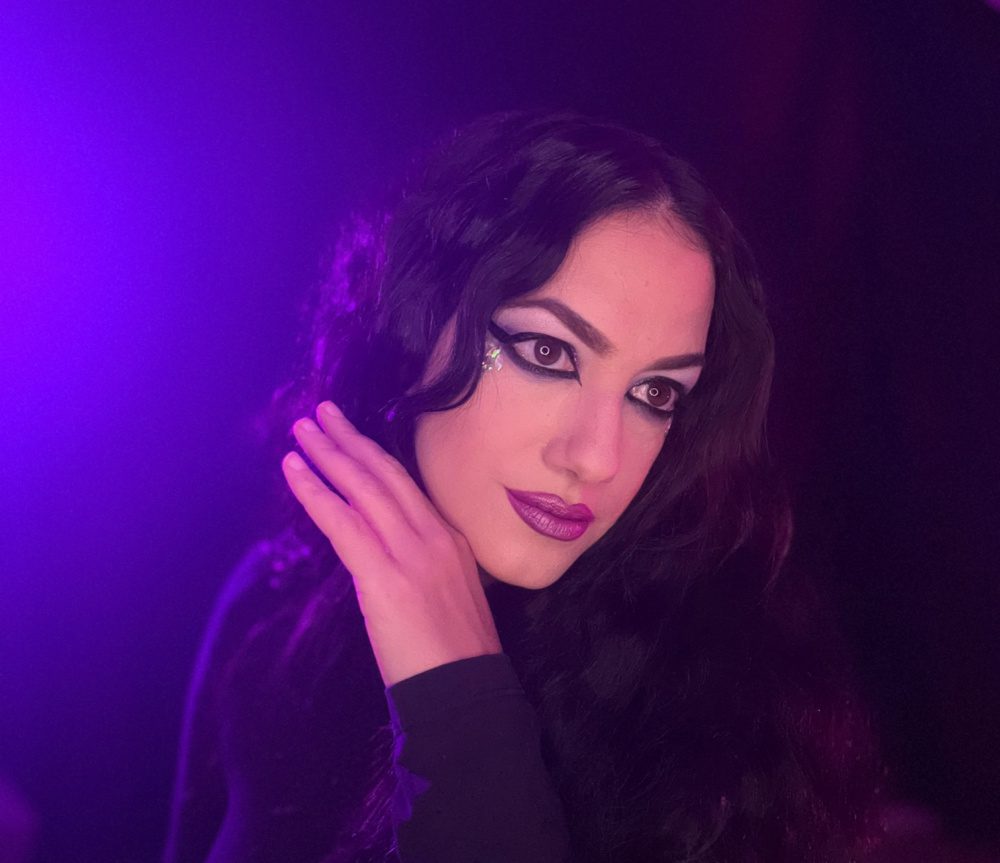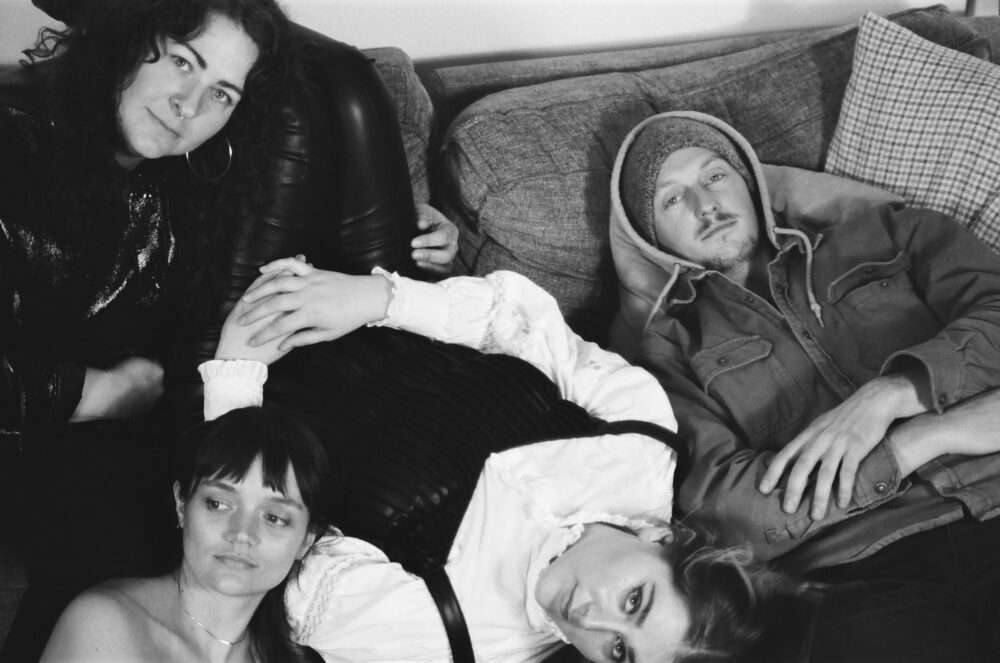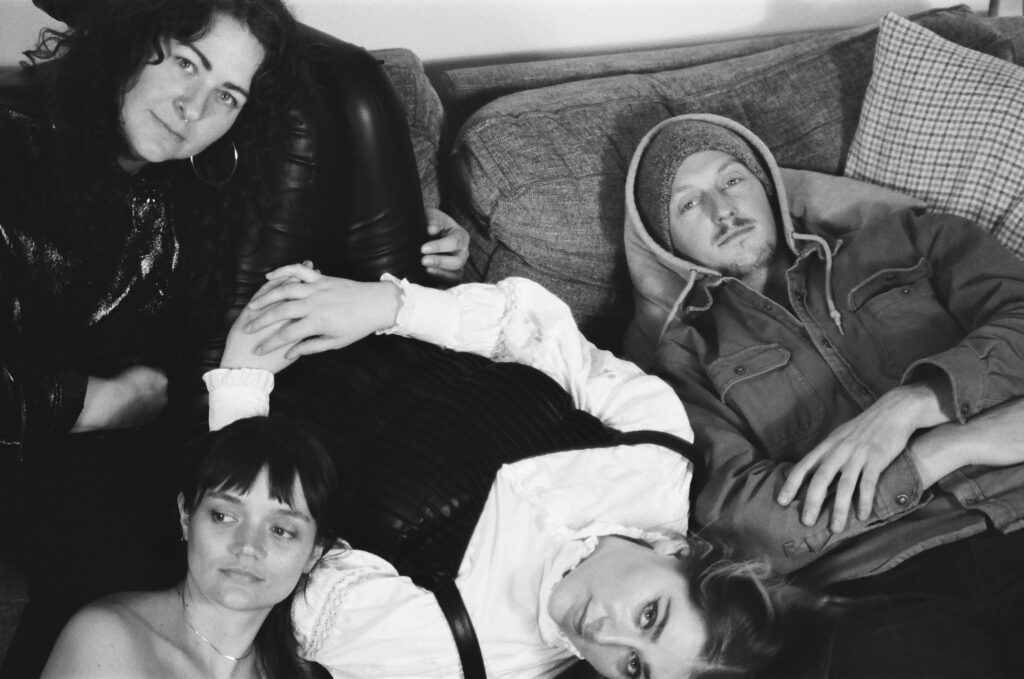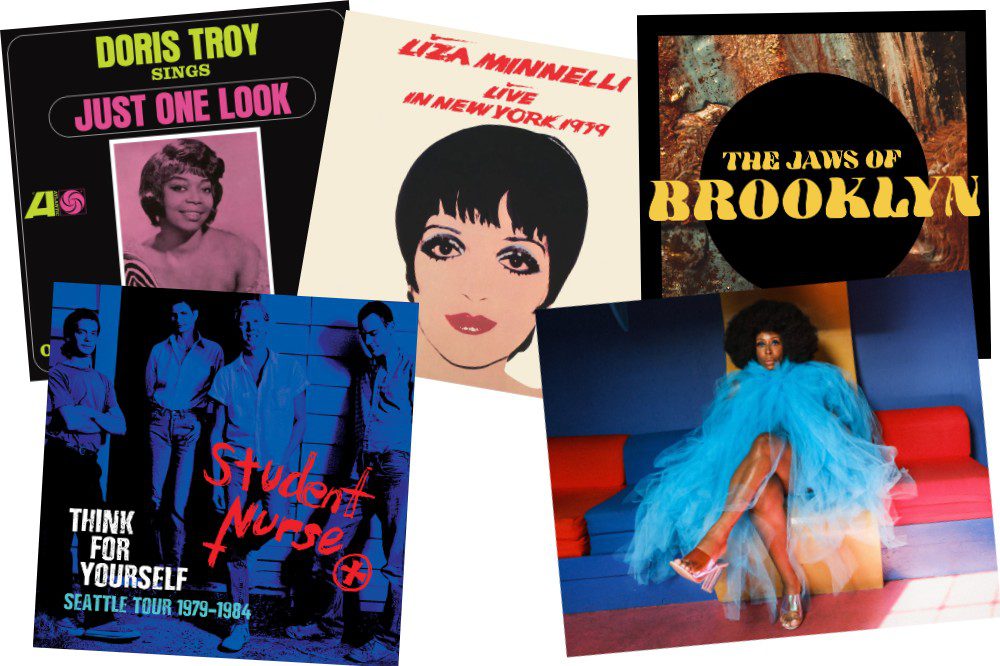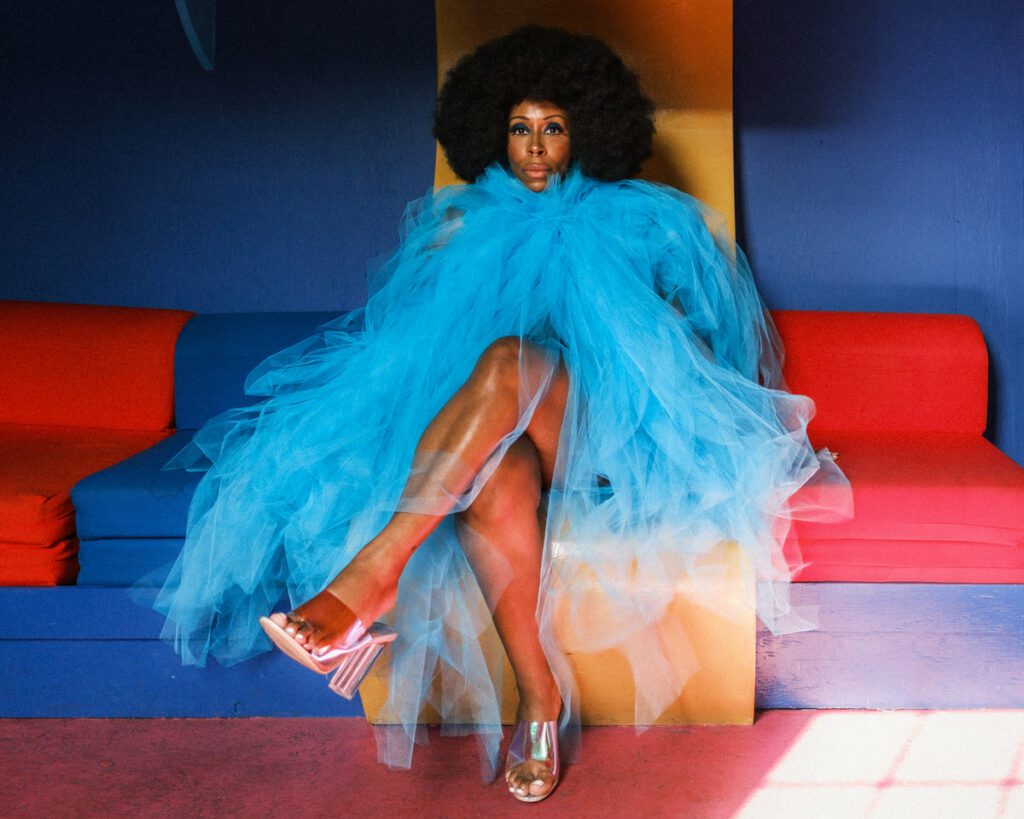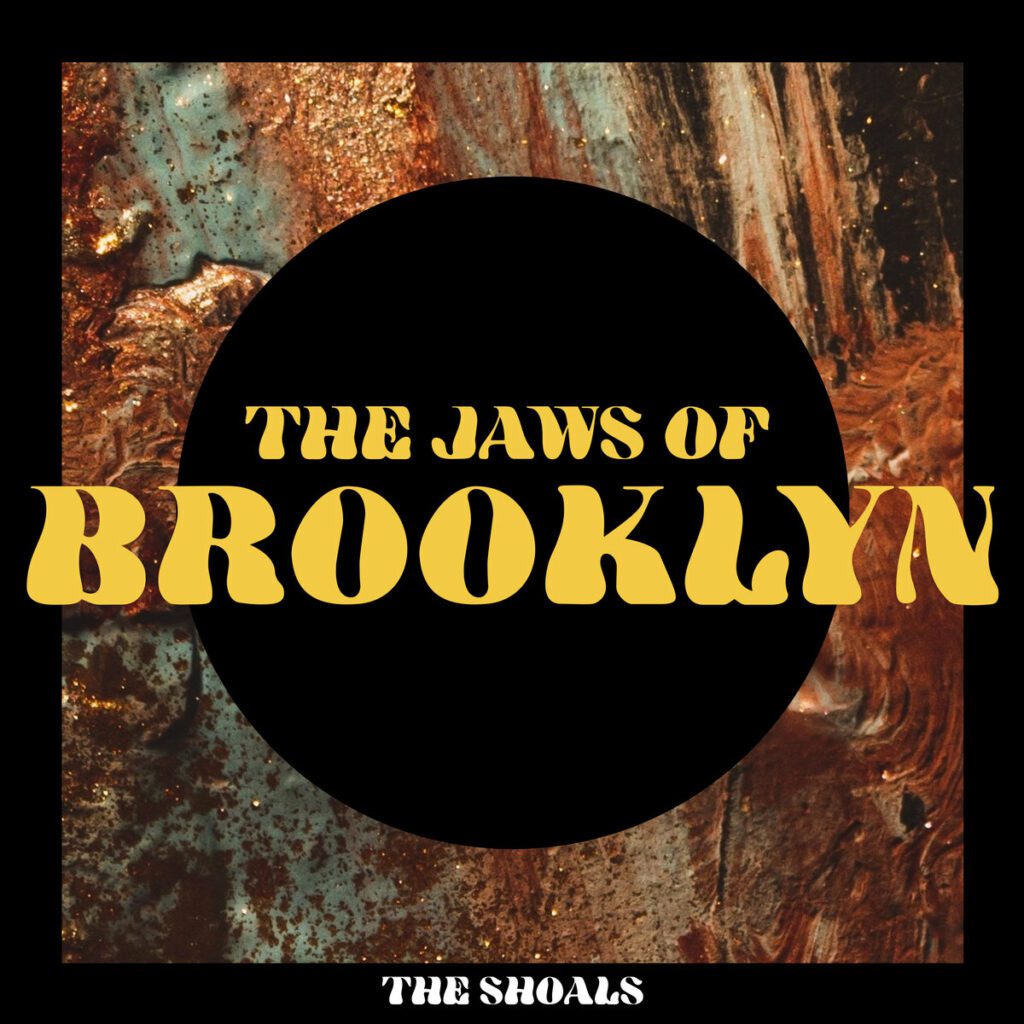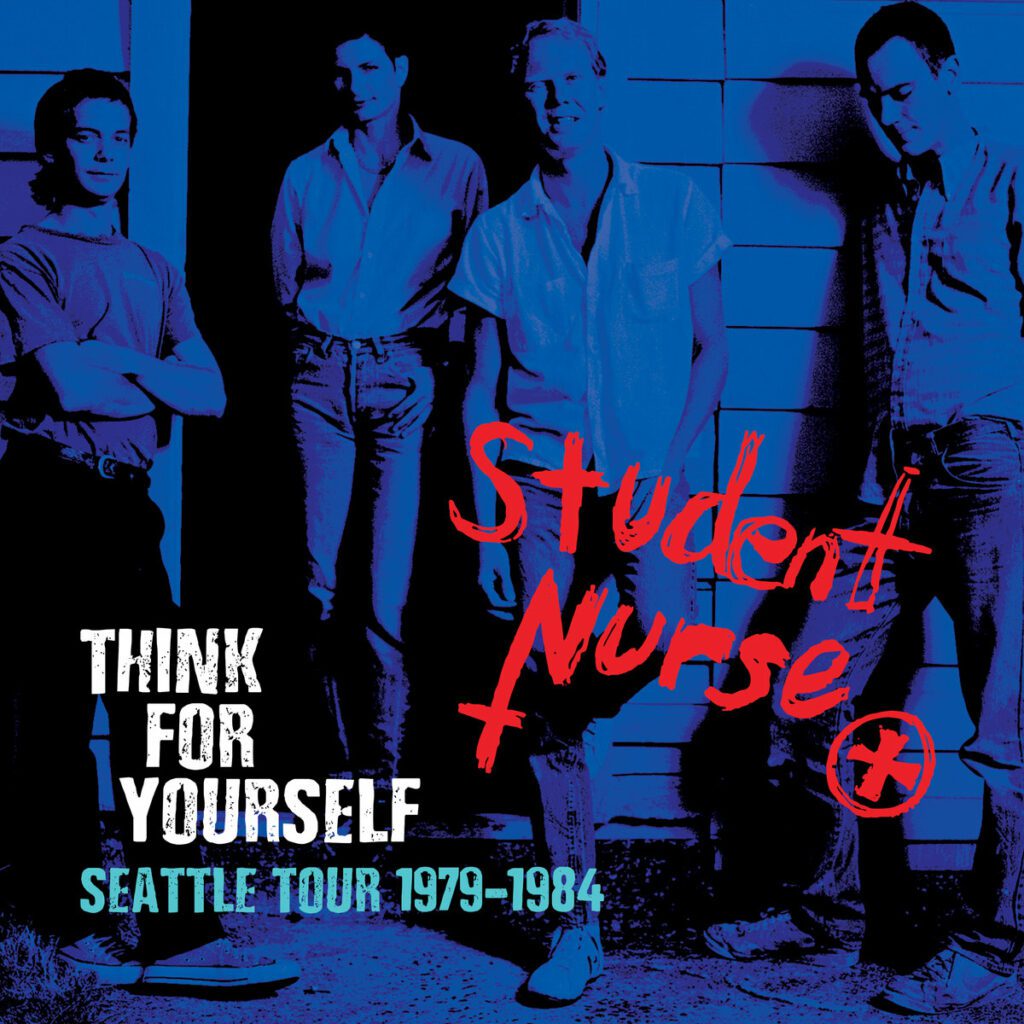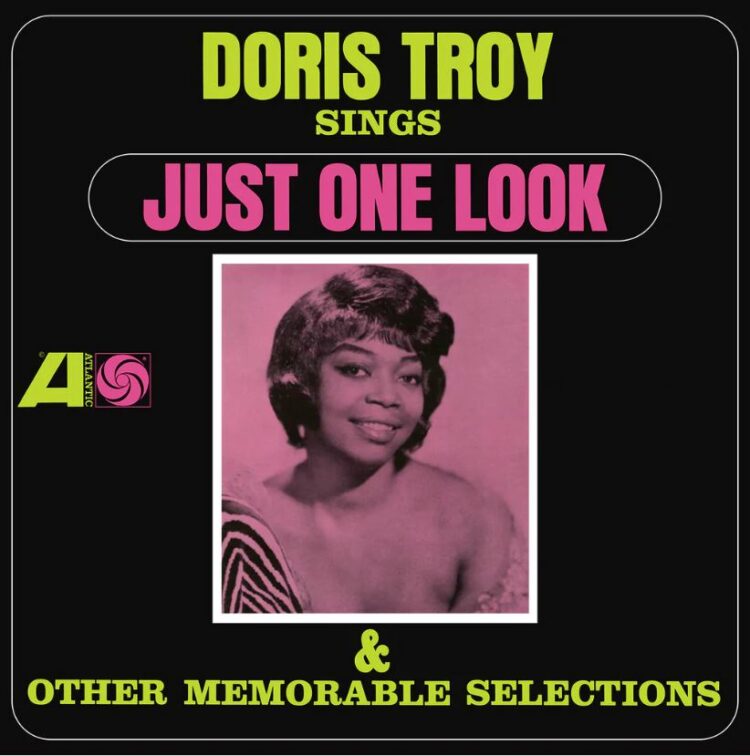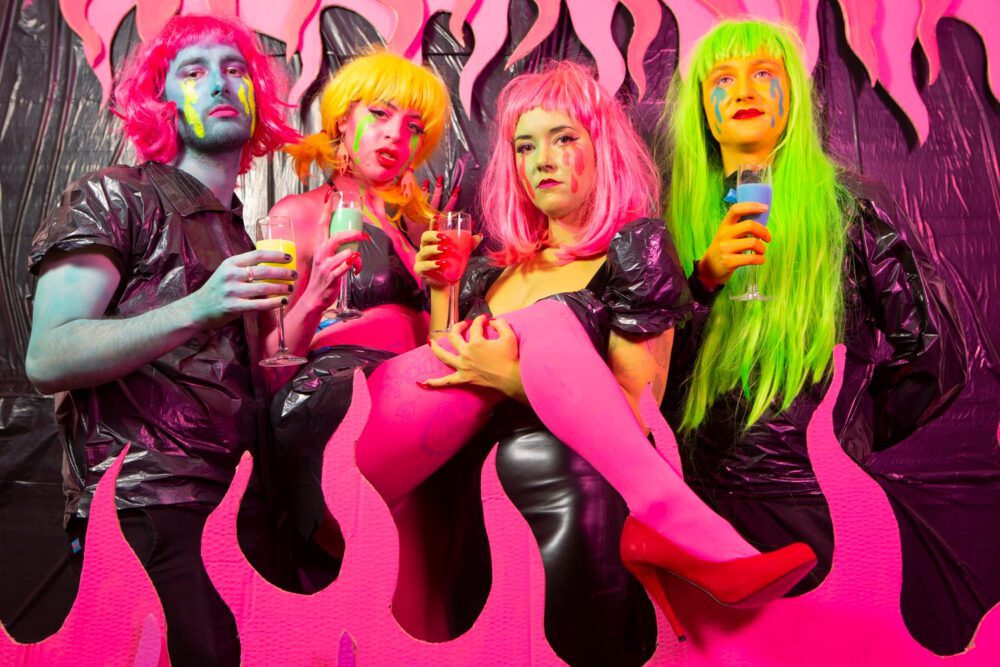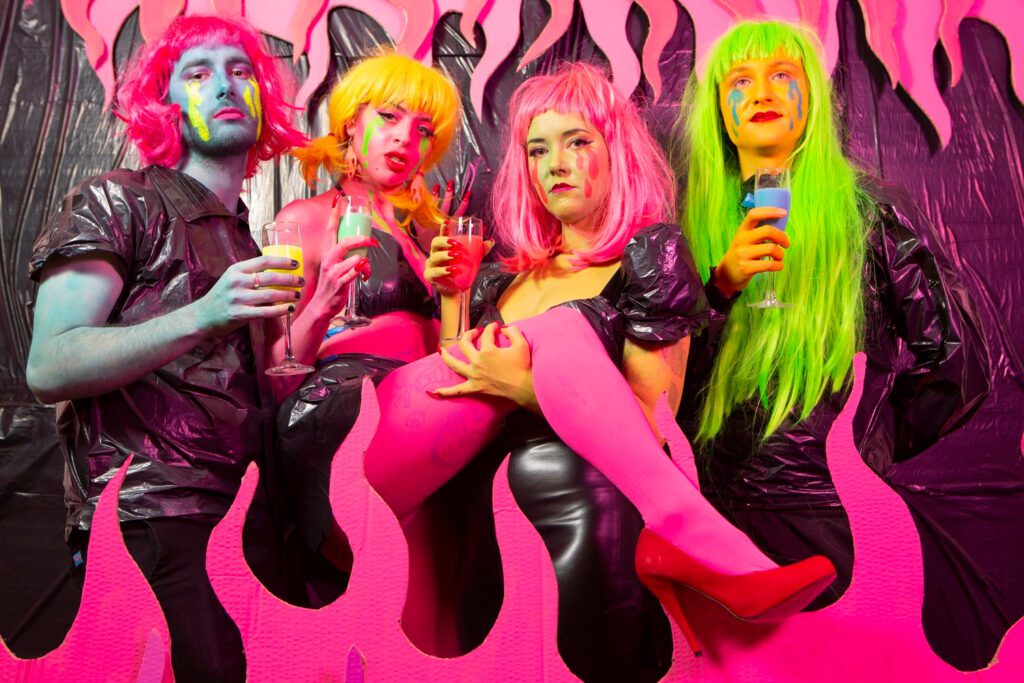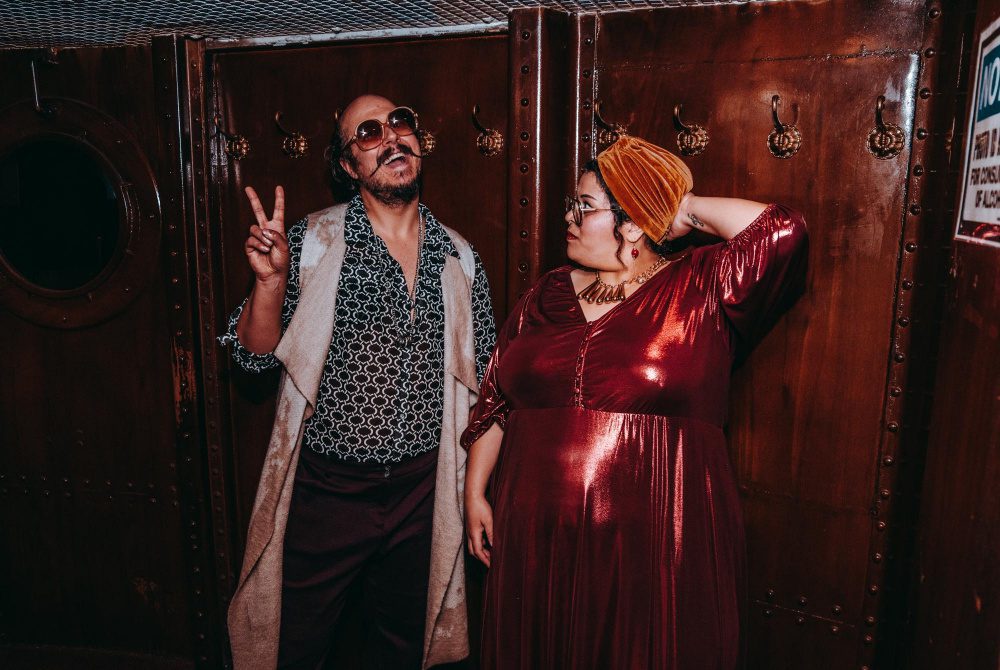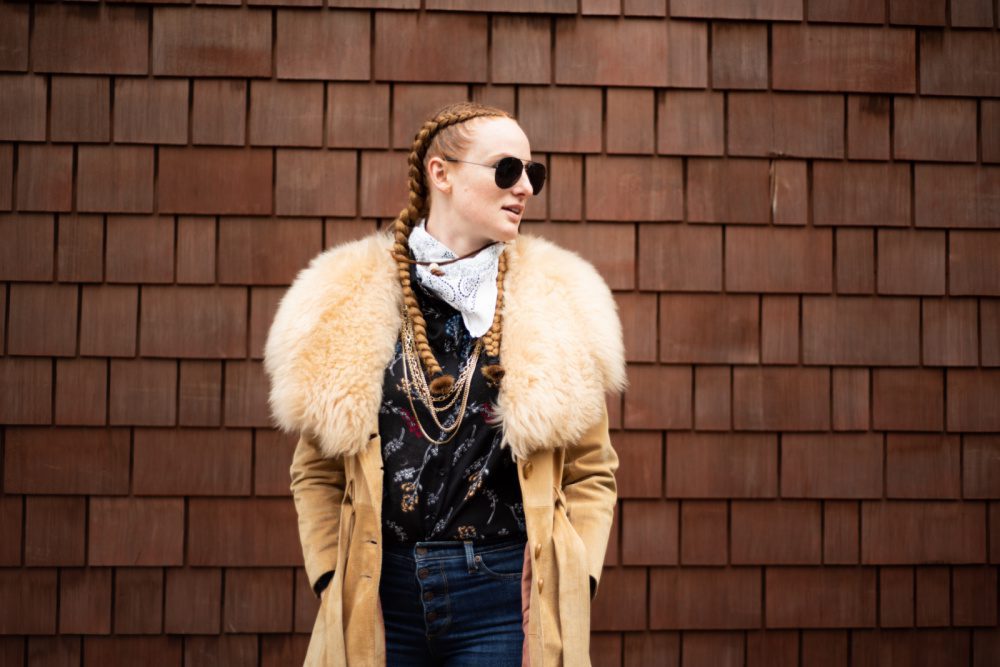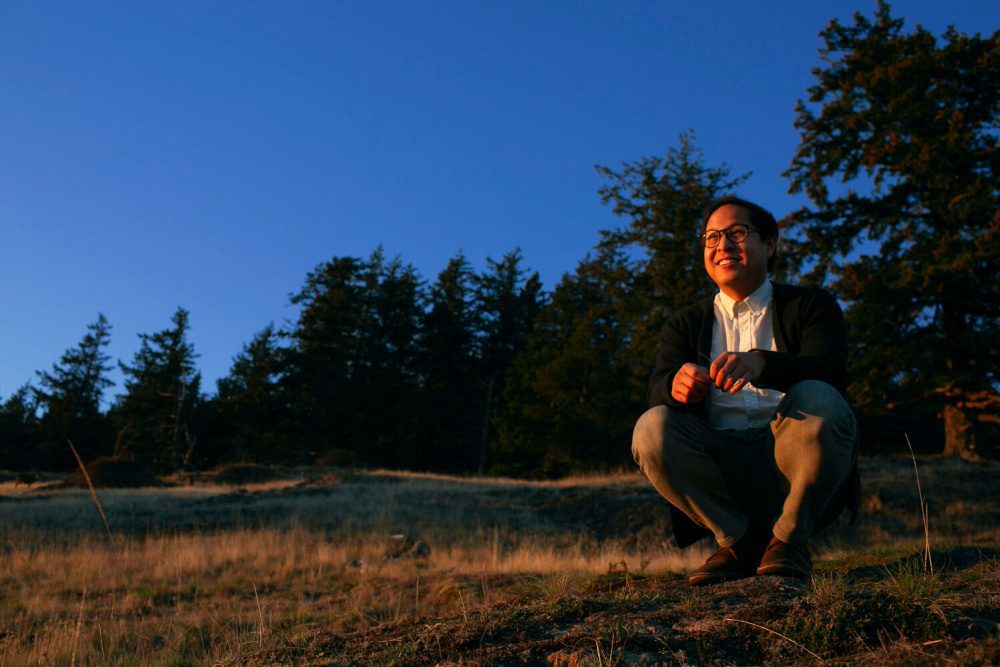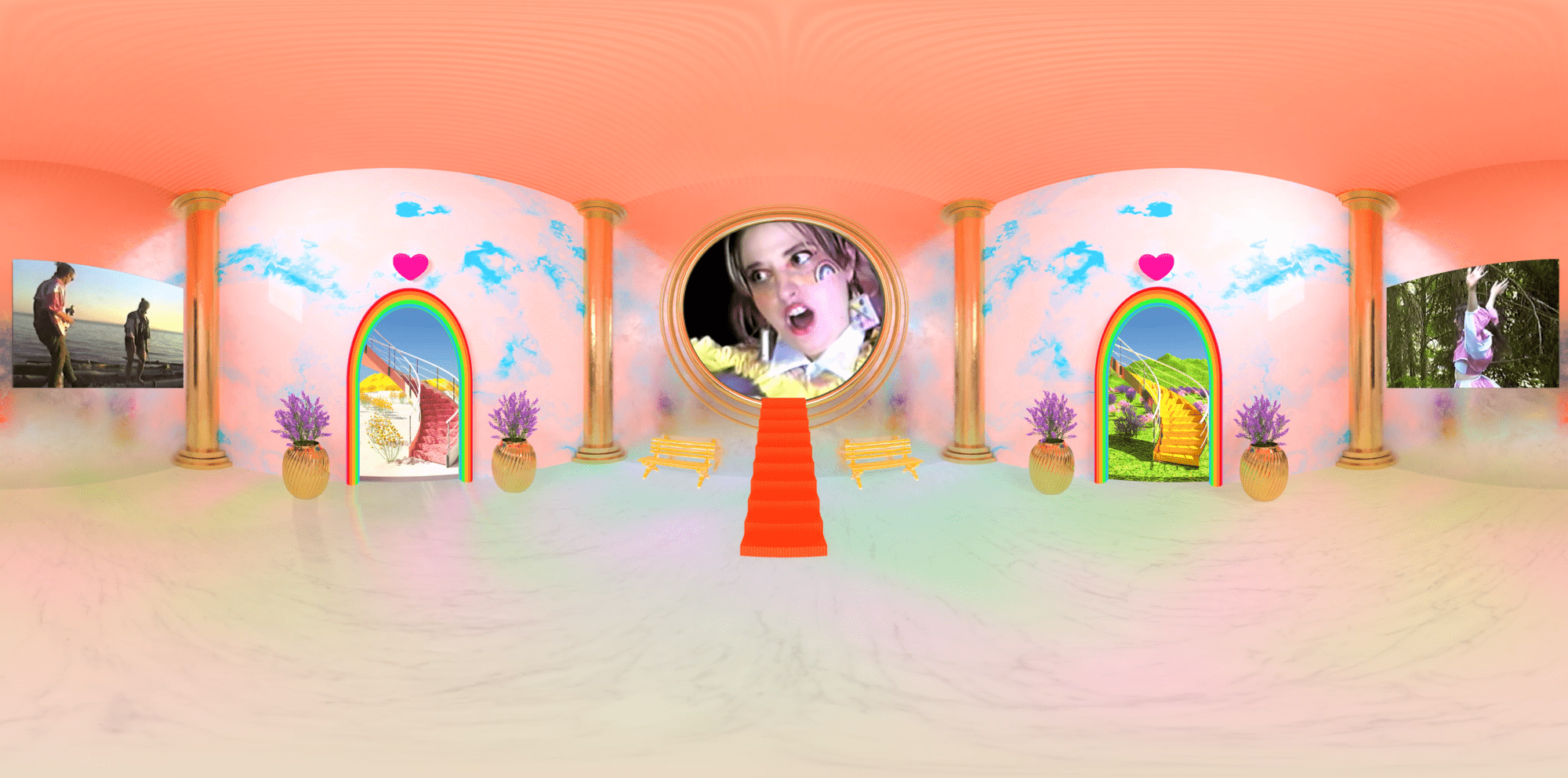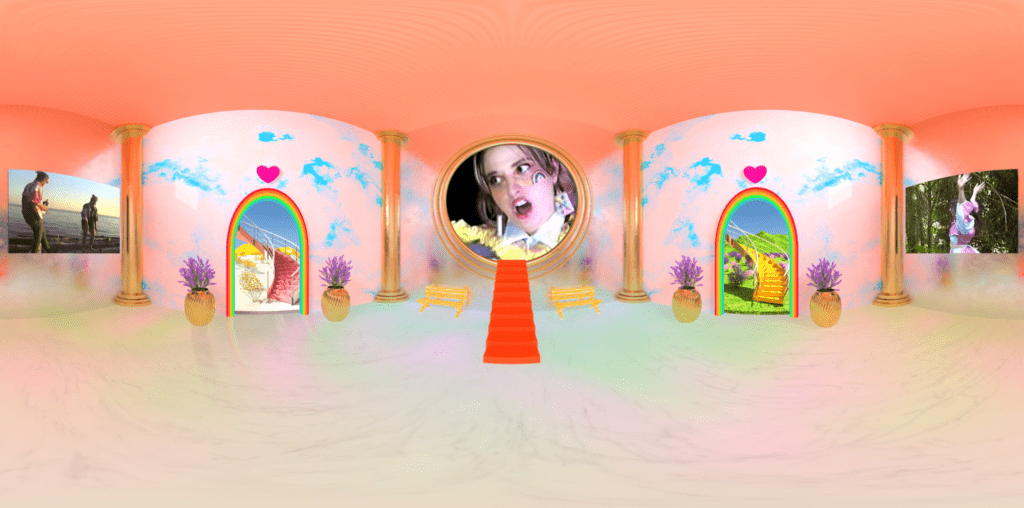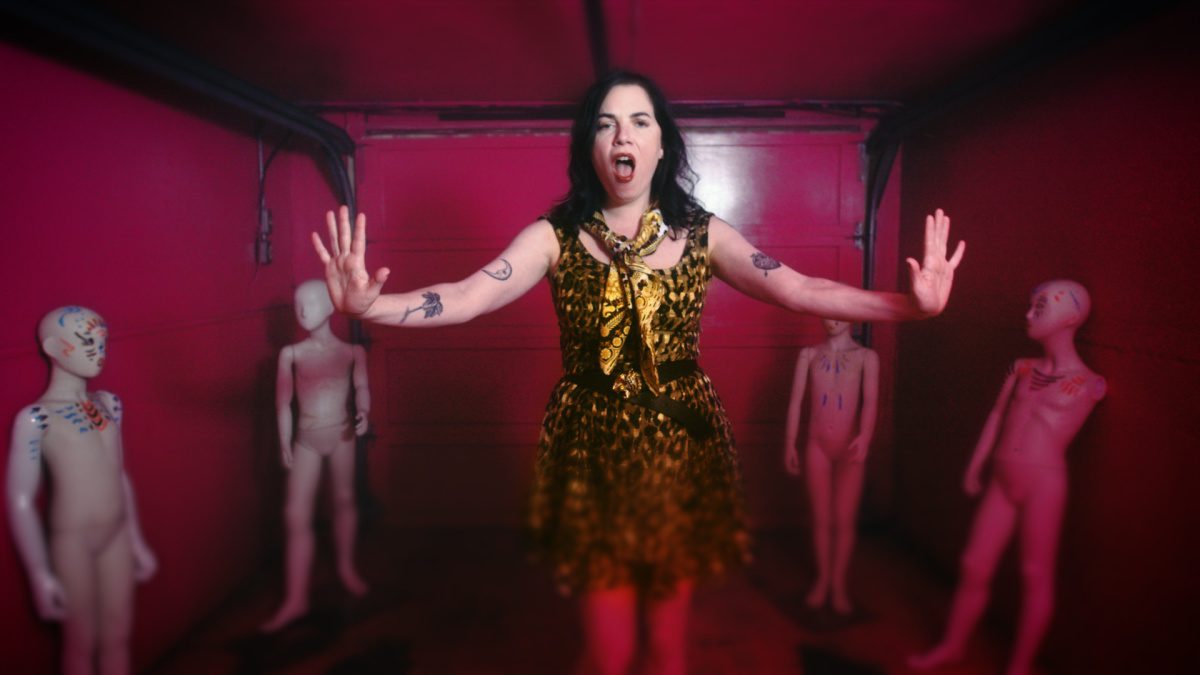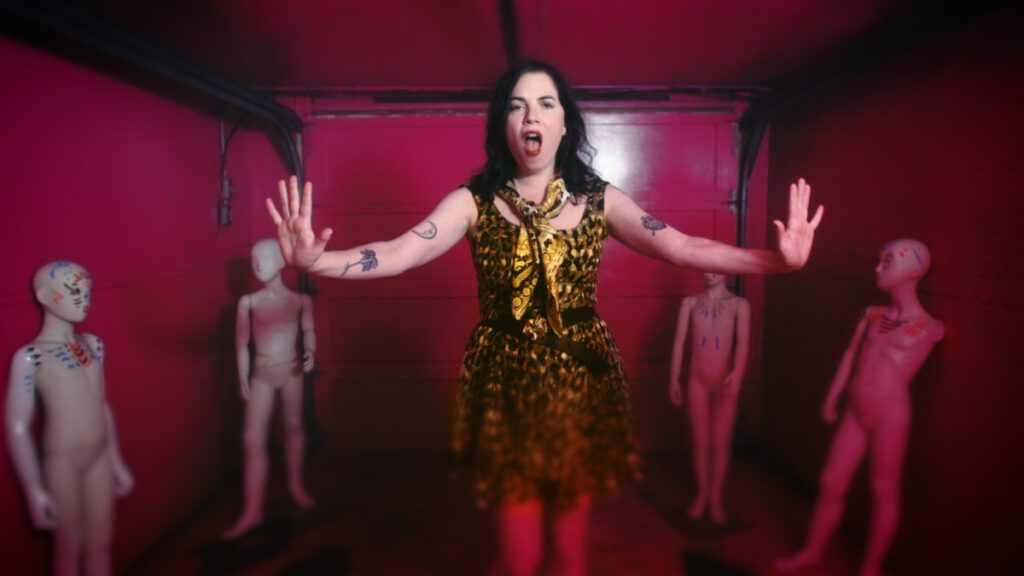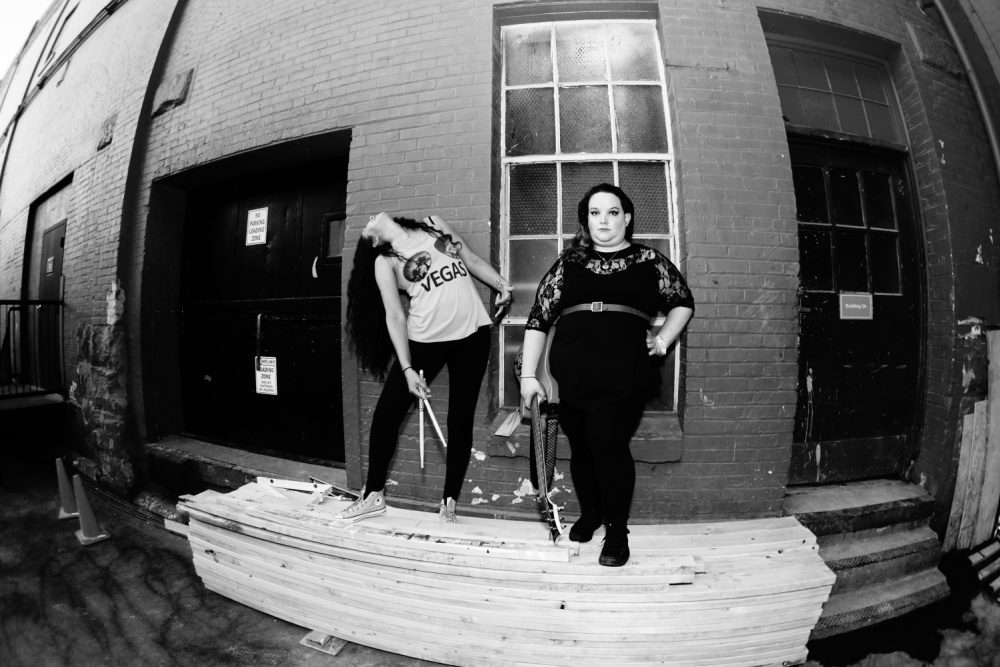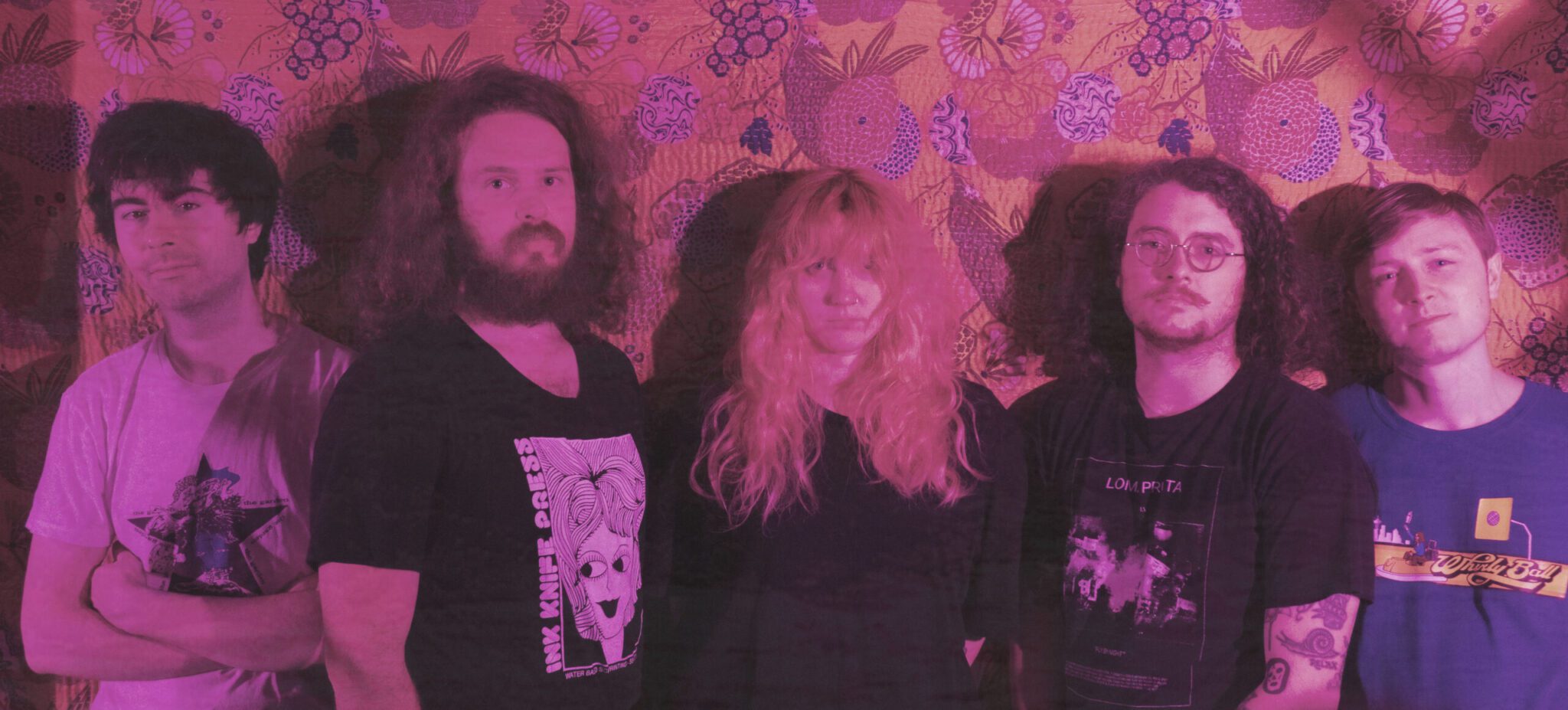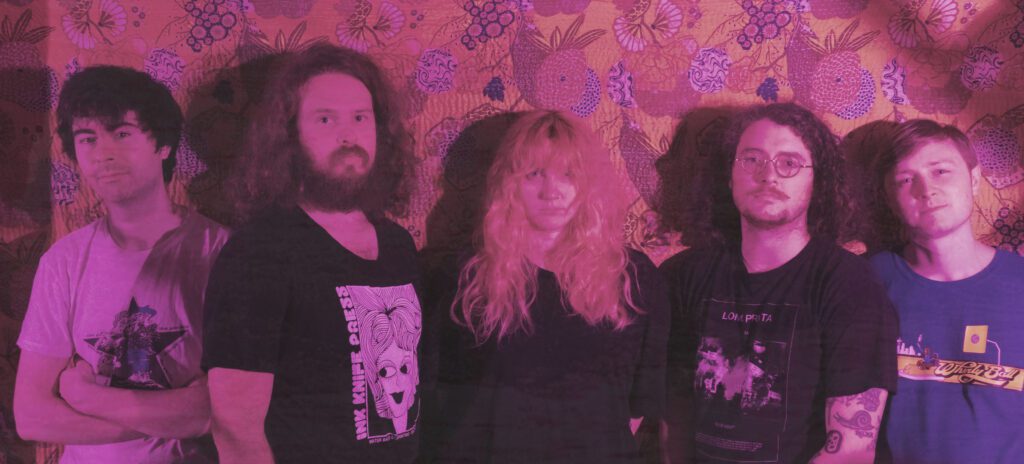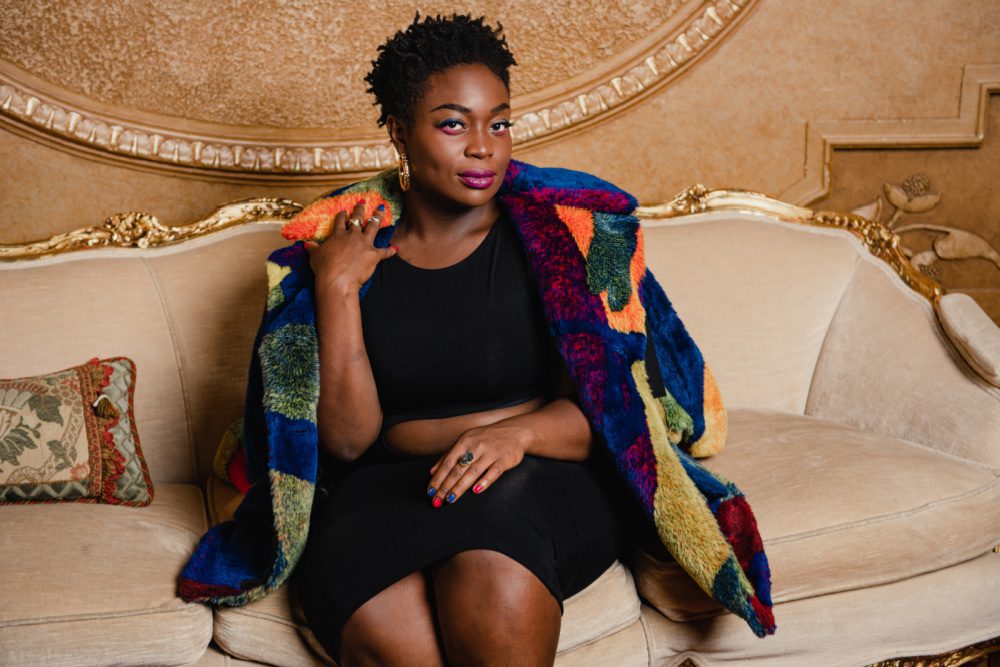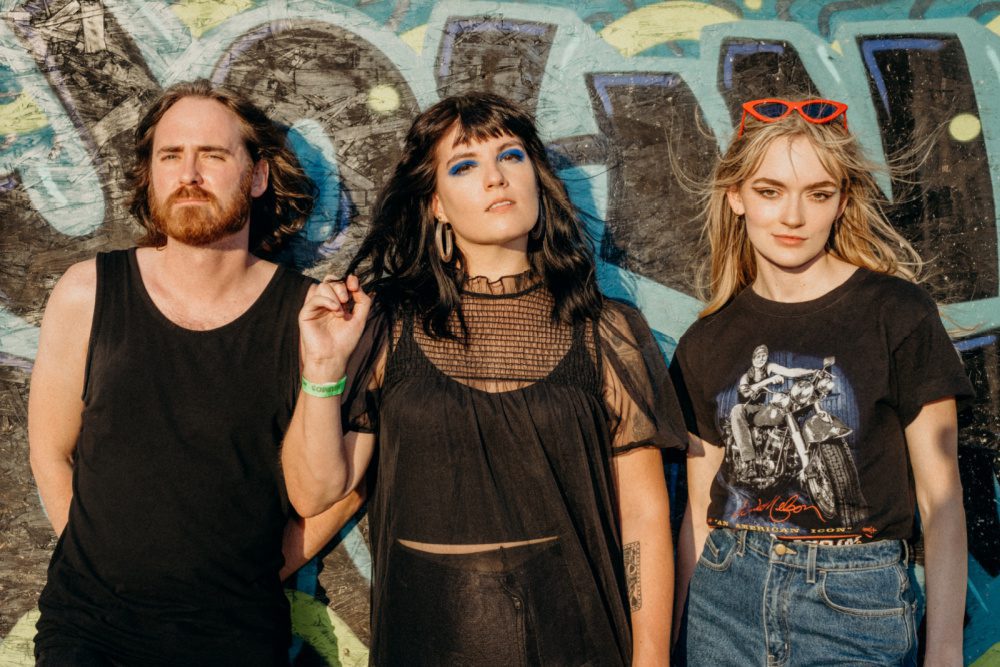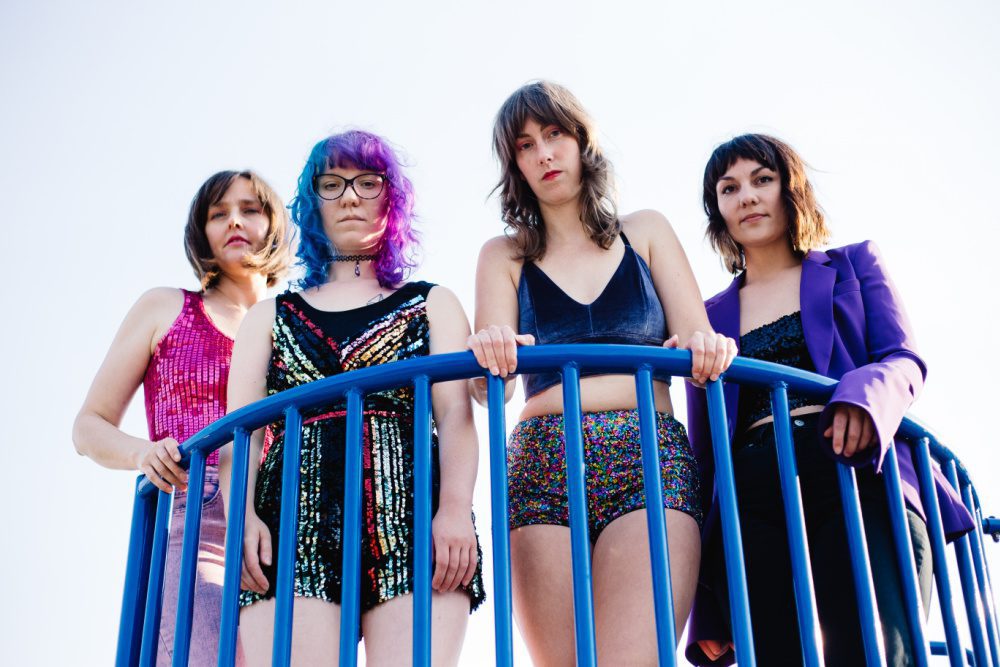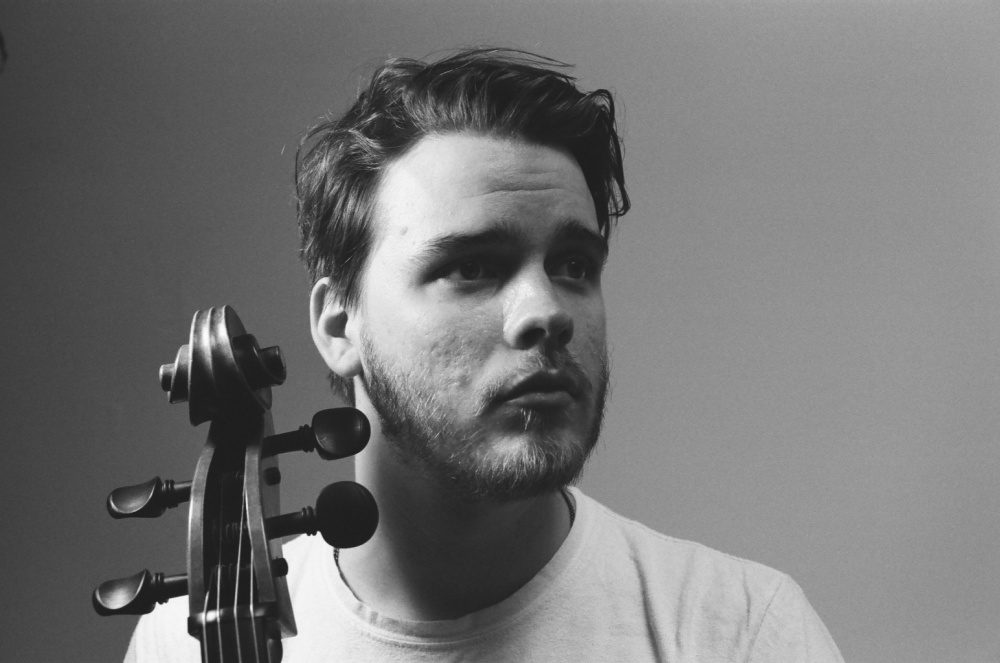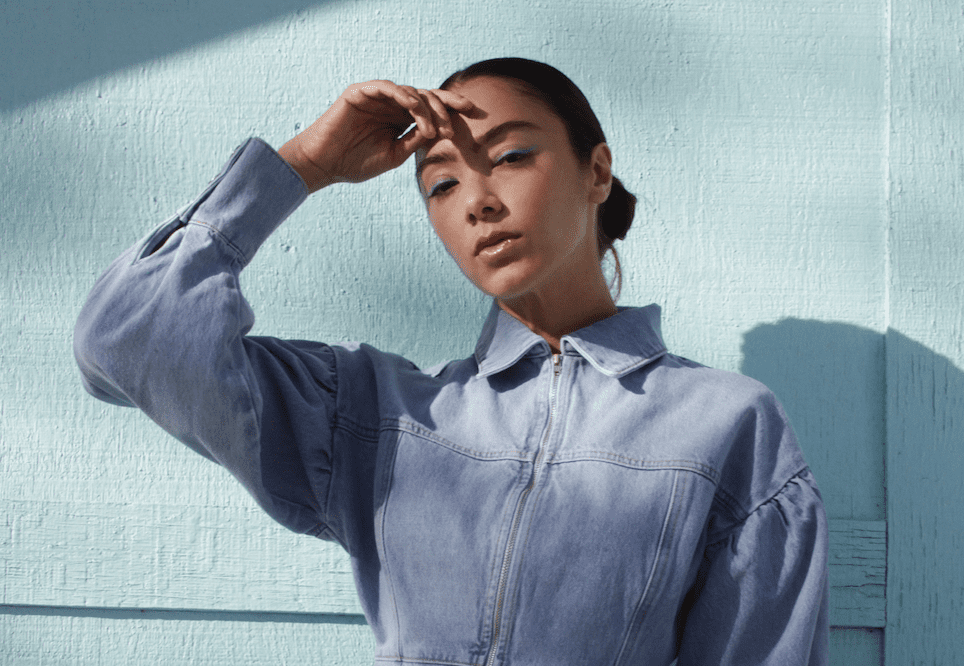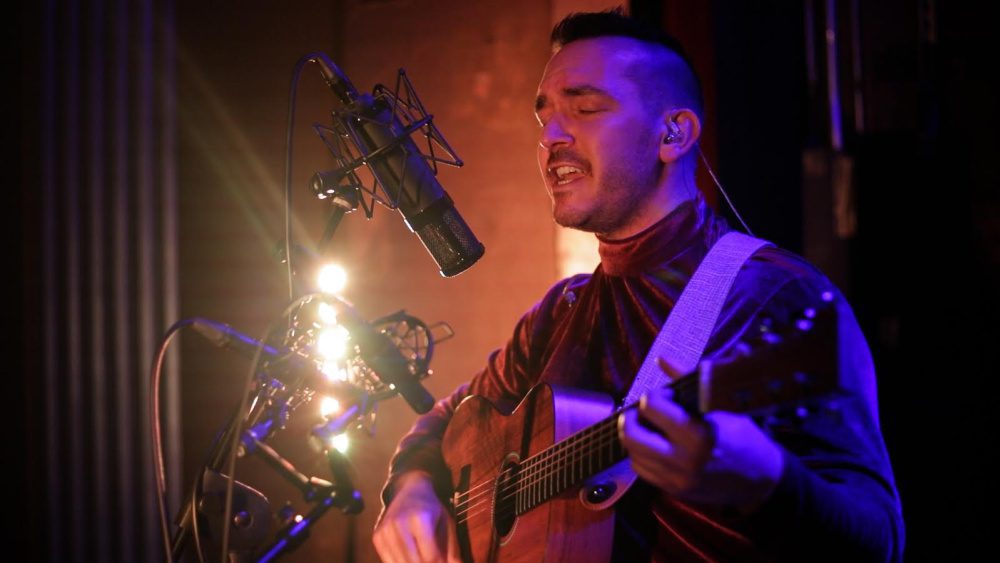Interview has been edited for length and clarity
AF: Before I dive into this new single, I want to hear a bit about your background. Did you grow up in Seattle or did you move here?
BD: I grew up in the Pacific Northwest. I was born in Bellingham and then I went to school in Eastern Washington at Washington State University (WSU). Then, I decided to go to Seattle for bigger and better things.
AF: What did you study at WSU?
BD: I started off with piano performance. I was homeschooled for high school and then I went to community college to get my 2-year degree and then I transferred to WSU. I did all my pre-reqs and stuff at the community college and then transferred to WA State and I did music. There was an adjudicator that I had worked with through high school, Dr. Gerald Berthiaume, who taught at Washington State University and he recruited me.
Halfway through I was like, I don’t want to do classical music anymore. What else is there? Have I wasted my whole life trying to do classical music? And another teacher, Horace Alexander Young, he started a jazz improv class and I just decided to do that and it changed my whole life.
AF: How so?
BD: I was stuck in this classical bubble that was really hard. It was really hard on the artistic side of you because you’re not making something your own – [you’re playing] some dead guys’ music and then getting judged for it. There are not a lot of women represented in that genre.
AF: Yeah, there’s something about classical music and white male supremacy, isn’t there?
BD: 100%. I didn’t even know that Scott Joplin was Black for a long time. I studied his music and I had no idea. I was like what? How is this not an integral part of teaching this man’s music?
AF: Right! So what did you switch to?
BD: I switched to a Bachelor of Arts in Music with an emphasis in piano performance because I already had that going and also an emphasis in piano pedagogy and I got a minor in jazz. And I was so excited about that minor because I went to my counselor and I was like, what do we got, and she was like you have a minor in jazz and I was like way more excited about the minor in jazz than the major.
AF: Before college, what drew you to the piano?
BD: You know, I’ve been racking my brain to answer this question because someone else asked me this recently and I just don’t remember before. Like, I know that I started piano when I was about 7, and I know that I had a life from 0-7, and I remember things about my life during that time, but I also forget that there was no piano during that time. My mom just said that I was very adamant about it because my neighbor was moving and they couldn’t take their piano and I was like, ‘I want to learn how to play.’
AF: Are your parents musical?
BD: My dad played blues guitar and I joke about this because my dad will listen to NPR in the car all the time and I was like, ugh, blues, NPR, bleh, this is so boring. And now I can’t get enough of it. I listen to “Sunday Side Up” and all that.
I wasn’t into blues or jazz at first because I though it was for old people but it was definitely an integral part of my musical upbringing. I leaned a lot more towards the jazzy Beethoven pieces or like Joplin or Mary Lou Williams.
AF: And your mom?
BD: She can sing. She won’t say she’s musical, but she has a good voice.
AD: How did you become aware of piano-driven pop, which inspires your writing today? Are you a Billy Joel fan or did you listen to a lot of that kind of stuff?
BD: I was obsessed, and when I say obsessed I feel like that’s still too light of a word, with Ray Charles as a kid. I saw him on the Pepsi commercial and I was like who is that and how do I play like that?
AF: What was it that drew you to Ray Charles?
BD: He’s so cool. He had sunglasses. I didn’t know he was blind at the time. I just saw him wearing sunglasses and he’s just so chill at the piano and he just looks so comfortable versus how I had seen people play piano as uptight, stressed out classical performers. I was like, this is such a radical change to what I’m used to and I want to play like that guy.
AF: Obviously, as you mentioned finding our way from classical to jazz to your own music has been a journey. Are there any challenges that stick out to you along the way?
BD: There was definitely that change in college between classical and jazz, and trying to balance both. I found out there was a huge disconnect with both of those worlds. It was political, like you’re on one side or the other and I was like, it’s all music. I need all of this to know how I’m going to regurgitate it through my lens later.
AF: That reminds me, was songwriting a part of your musical background?
BD: I had written in pieces. In a lot of the jazz classes that I took, we would write charts. So, I had learned how to write melodies and chords but then separately I would write lyrics to things that never met melodies. I kept them in separate notebooks in separate boxes. Completely separated. This album is what got me out of this period of disconnect, and a funk I was in after college.
AF: What instigated the funk?
BD: I was just angry. I was so pissed that I had spent all this time doing this thing I loved and I didn’t love it anymore. I was just enraged I spent all this time playing this classical crap and feeling like I was being judged for not playing some dead guy’s music properly, or putting too much of my interpretation on it. But I loved this craft so much that it became a rebellious act to start playing again. My first couple songs were really angry. They weren’t very good but they were a start and they were angry just towards that institution.
AF: It’s cool that you’re exploring songwriting and trying to find your own voice brought you out of that moment of anger.
BD: It’s absolutely a therapeutic thing, playing music. I was like, a steaming kettle, aaaah, and then I felt better and I was back to playing piano every day and writing.
AF: So, tell me about this song in particular, “Hindsight.” Can you remember the day you wrote it and what was happening for you?
BD: It was during pandemic and it was also during the height of the Black Lives Matter protests. It was an interesting time, also as an artist who wasn’t playing music at all. I was noticing internal unrest around not being able to have access to the music community. I had started a Facebook group with other singer-songwriters and once a month we’d write a song together and perform it for each other and try to hold on to something. So that was a song that came out of that.
I was really married to the piano line—it was something I had doodled on the piano. But I couldn’t sing this song for a long time. I still cry. Halfway through I’d fall apart. It’s mostly about watching the world respond to a pandemic, watching the US respond to a pandemic, and being cooped up and having to face real problems because you’re not distracted with work and bills and all the other things that distract you from things that matter. I was also noticing the unrest inside of myself and [asking,] how do I move through this at all? So that’s where the “let it go” part comes in and like, how to process everything I guess.
AF: Is this an overarching theme for the album, too? What are some common themes on it?
BD: I think lyrically a lot of the feel is I’m an independent woman and you can’t control my decisions. There’s a song about a roommate that I had… It’s called “Validation,” so the lyric is “I dont need your validations and I don’t trust a word you’re saying.” It’s between my battle with my own mental health and the decolonization of my religious upbringing. There’s also another one called “Rent” and it’s about negative thoughts living in my head rent-free and removing them and getting stronger and growing from that.
AF: So you were raised Christian? When did you separate form the religion?
BD: When I was about 9 my parents went a little bit crazy and we were only allowed to wear dresses – my sister and I were only allowed to wear dresses and when I was 13 I was like, look, if I get my own job, can I buy my own clothes? My dad was like, sure, whatever, and so that was kind of the start of my breaking away and finding an identity through how I presented myself.
I bought myself a pair of Union Bay jeans and a maroon crop top t-shirt and I wore the crap out of that outfit. I would also go buy CDs. I bought the Titanic soundtrack, Jewel, Alanis Morrissette, Nine Inch Nails—because I thought that was really rebellious—and Nirvana. You know, a girl’s gotta do what a girl’s gotta do.
AF: Do you still have a relationship with your parents? Were they upset that you left the church?
BD: We didn’t really talk about it for a while. It was kind of an unspoken thing. I didn’t tell them until after they got their vaccines, when my mom and dad came over for Mother’s Day. It was the first time I had seen them in a while, I was six mimosas deep, and I was like, “Look, I don’t want to pretend this is a thing anymore. I don’t want to pray in my house, I don’t want to be polite about going to church services that I don’t want to go to because I don’t believe in it and I don’t want to continue participating in something that I don’t subscribe to and I will respect that you guys will still subscribe to it but I need you to respect that I don’t anymore.”
AF: Wow, that must have taken a lot of strength to say.
BD: Yeah. It was very hard. My dad said, okay. And my mom said, thanks for saying that, thanks for telling us, and then that was it. We didn’t talk about it anymore.
AF: That’s a pretty transformative moment being seen for who you are by your family.
BD: For sure. Yeah, it was huge, very huge. I think that comes out in “Hindsight.” There was all of that outside noise going on and internally I was like, oh, there’s a lot of stuff that I need to deal with. Now I’m here by myself with myself and now there’s a lot of things that I need to address.
AF: When does your LP come out?
BD: My LP comes out on June 24th, and I’ll have a release show that night at Conor Byrne in Ballard.
AF: Are you still performing and teaching?
BD: I’ve retired from teaching to pursue this Brittany Danielle project full-time. During that dark period I mentioned, I was teaching still but I wouldn’t play the piano. I think it was like that until I wrote these songs. I was was like, “Hey, you got stuff to say.”
